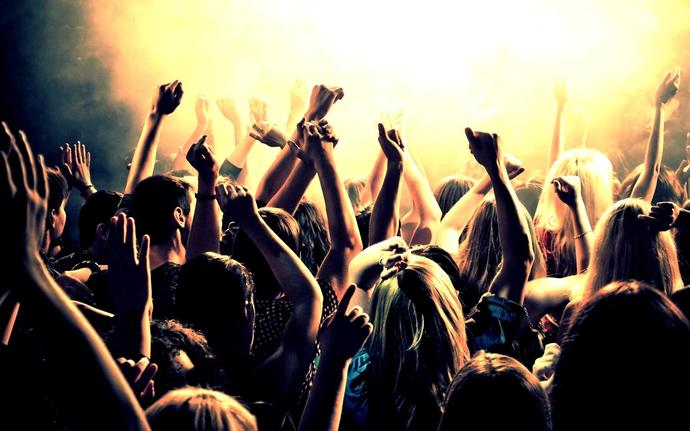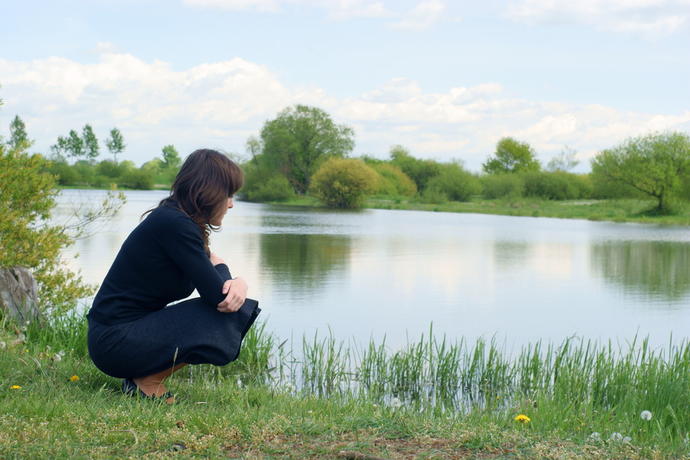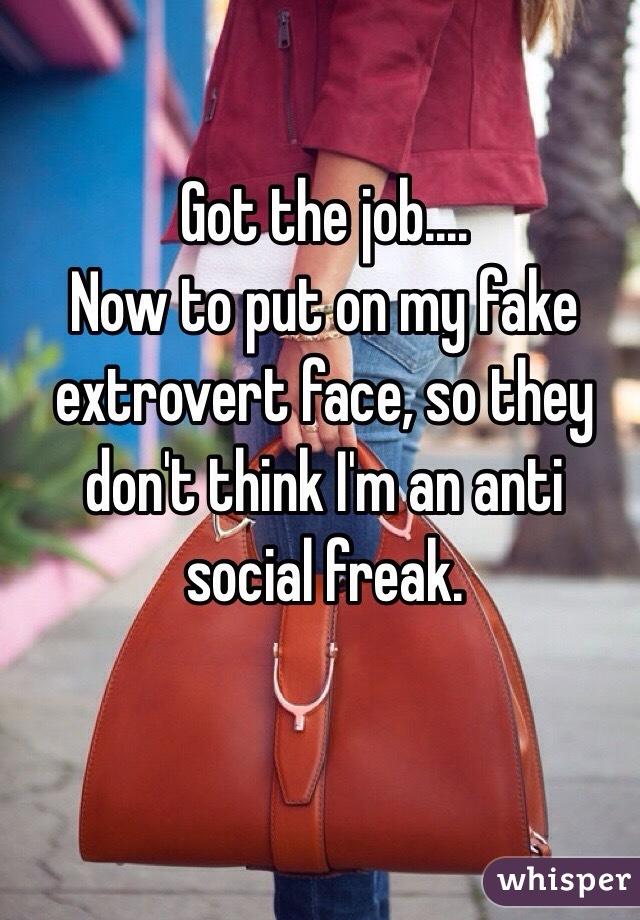Foreword: the following article largely based off of the book "Quiet: The Power of Introverts in a World That Can't Stop Talking" by Susan Cain, published in 2012. Page references are included throughout.
There is a cultural bias against introverts. America has moved from a culture of character to a culture of personality. What this means is that many aspects of life, careers and relationships for example, have come to favour the extroverted. Susan Cain comments that “introverts living under the Extrovert Ideal are like women in a man’s world, discounted because of a trait that goes to the core of who they are” (pg 4). In her research, she describes how we undervalue introverts and what we lose in doing so.
The first question you may have is “What is introversion?”
There are various definitions but in general introversion is a preference for the inner world of thought and feeling, and also a preference for environments that are not over-stimulating. For example, if an introvert and an extrovert go to a large party the extrovert is more likely to leave the party feeling energized while the introvert will feel drained. Alternatively, if the two types of people spend time in solitude then the extrovert will more likely feel tired while the introvert will feel energized.


I should also point out what introversion is not. It is not synonymous with shyness although the two may co-exist. In Cain’s words, “shyness is the fear of social disapproval or humiliation, while introversion is a preference for environments that are not over-stimulating. Shyness is inherently painful; introversion is not” (pg 12). However, shyness and introversion appear to be the same. For example, if both a shy extrovert and a calm introvert were to gives speeches then both of them may be nervous but for different reasons. The shy person is afraid to speak up while the introvert is simply overstimulated by the presence of new people. However, many introverts are shy partly from being told so.

Many people moved from the countryside to cities where they no longer worked with neighbours but with strangers and, as a result, self-presentation became more important. For example, courtship became a high-stakes performance. Cain points out that instead of paying ceremonial calls on women and making serious declarations of intention, men were now expected to launch verbally sophisticated courtships, including ‘pick-up lines.’ Instead of being more reserved, people now blatantly court each other. Even schools began to change. Until the 1920s, child guidance experts had worried mainly about sexually precocious girls and delinquent boys but now worry more about shy children. They warned that shyness could lead to dire outcomes and advised schools to change their emphasis from book-learning to assisting and guiding the developing personality. By 1950 the slogan of the Mid-Century White House Conference on Children and Youth was “a healthy personality for every child” (pg 27). And what would a healthy personality be? Hmm. And does this imply that other personalities are unhealthy? In 1921 one person commented that “respect for individual personality has with us reached its lowest point…We actually have schools for ‘self-expression’ and ‘self-development,’ although we seem usually to mean the expression and development of the personality of a successful real estate agent” (pg 30). It seems to me that the world has literally become a stage and each of us are performers cast into various roles that we must act out if we can’t perform them naturally.

Another example of the downfalls of extroversion is that extroverts prefer collaboration but such emphasis of teamwork under the 'Extrovert Ideal' can ruin the creativity of introverts who prefer to work in solitude. Only when you work alone can you engage in 'Deliberate Practice' whereby you “identify the tasks or knowledge that are just out of your reach, strive to upgrade your performance, monitor your own progress, and revise accordingly” (pg 81). Society’s preference for teamwork has resulted in an increase in the number of open office plans; over 70% of today’s employees work in open office plans (pg 76). The problem with this is that open office plans have been found to reduce productivity and impair memory. Just think of how stressful this must be for introverts.
Another downfall is that extroverts have a tendency to be sensitive to rewards. This is usually a good thing but when taken too far it can lead to taking outsized risks. Cain points out that “this blindness to danger may explain why extroverts are more likely than introverts to be killed while driving, be hospitalized as a result of accident or injury, smoke, have risky sex, participate in high-risk sports, have affairs, and remarry” (pg 161).
Boykin Curry, a managing director of the investment firm Eagle Capital, argues that the prevalence of extroverts in financial institutions helped to cause the Great Recession of 2008. Too much power was concentrated in the hands of aggressive risk-takers. If more introverts were at the helm then the recession would have been less likely to happen. This is because introverts are more alert and cautious. In light of the previous examples given, other beneficial characteristics of introversion are being more empathetic, sensitive, and persistent.
Now I would like to ask if the problem is with society for favouring extroverted characteristics or with introverts for being themselves? I think the answer is obvious; we can’t blame people for being themselves and society has overlooked the beneficial characteristics of introversion. Sure, everybody likes extroverts, who may play roles such as 'life of the party' and 'entertainer' but we overvalue extroverted characteristics and overlook introverted ways of life. I’m not saying that one is better than the other but that we need a balance of the two and that introverts should be respected more.
That being said, I don’t think the Extrovert Ideal is likely to go away soon. Introverts have to live in a culture that puts a premium on extroverted ways of life. They should try to change their behaviour at times, but can they? Heritability statistics show that introversion-extroversion is only 40-50% heritable (pg 108). Who we are is a complex mixture of nature and nurture. Some of our traits are fixed and there are physiological limits on who we are and how we act. However, according to what Cain calls the “rubber band theory” of personality, we can stretch our personalities but only up to a point. The psychology professor Brian Little believes that fixed traits and free traits co-exist. According to his Free Trait Theory, “we are born and culturally endowed with certain personality traits…but we can and do act out of character in the service of ‘core personal projects’” (pg 209). While it may seem unethical to act out of character, if we do so in the service of love or a professional calling then we’re doing as Shakespeare advised: “to thine own self be true.” However, if you act out of character for too long you can burn-out emotionally, mentally, and physically. Little suggests a Free Trait Agreement in which we’ll act out of character for some of the time in exchange for being ourselves the rest of the time (pg 221). I hope that this advice will help introverts find comfort in their daily lives.
 Holidays
Holidays  Girl's Behavior
Girl's Behavior  Guy's Behavior
Guy's Behavior  Flirting
Flirting  Dating
Dating  Relationships
Relationships  Fashion & Beauty
Fashion & Beauty  Health & Fitness
Health & Fitness  Marriage & Weddings
Marriage & Weddings  Shopping & Gifts
Shopping & Gifts  Technology & Internet
Technology & Internet  Break Up & Divorce
Break Up & Divorce  Education & Career
Education & Career  Entertainment & Arts
Entertainment & Arts  Family & Friends
Family & Friends  Food & Beverage
Food & Beverage  Hobbies & Leisure
Hobbies & Leisure  Other
Other  Religion & Spirituality
Religion & Spirituality  Society & Politics
Society & Politics  Sports
Sports  Travel
Travel  Trending & News
Trending & News
What Girls & Guys Said
Opinion
1Opinion
This was good. I agree with most things you wrote. But I do believe that extroversion has always been the way of society. Even back in the days before a city was born.
Share the first opinion in your gender
and earn 1 more Xper point!